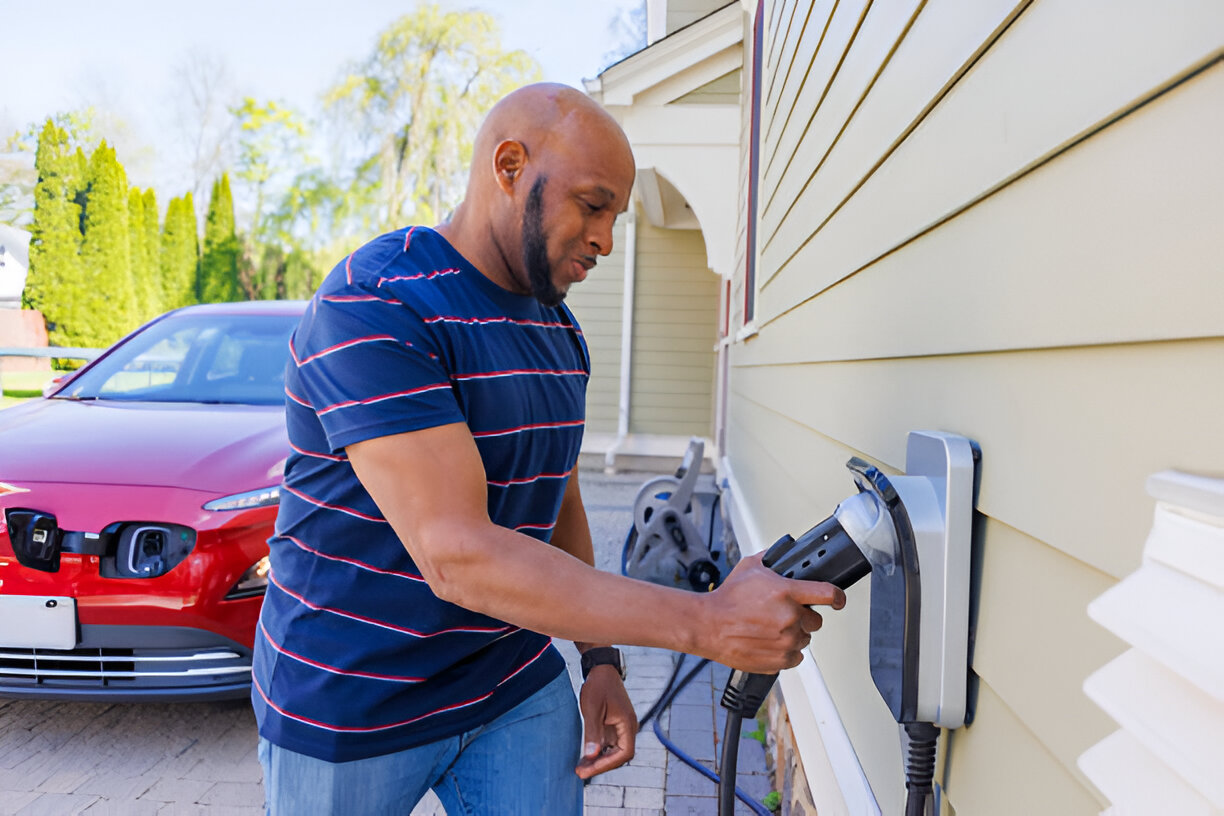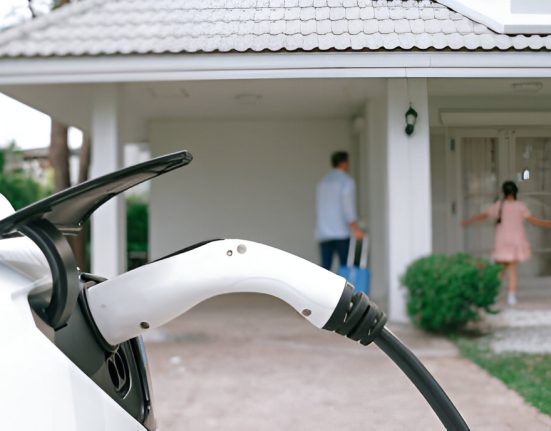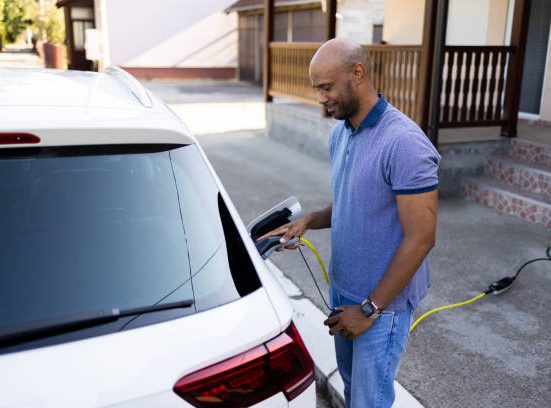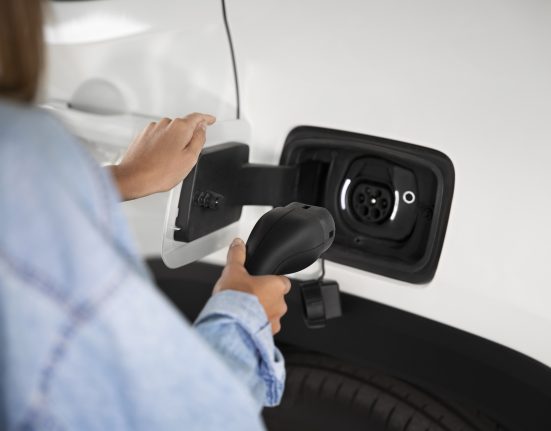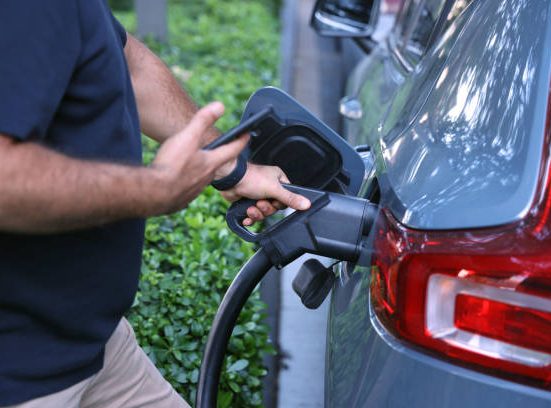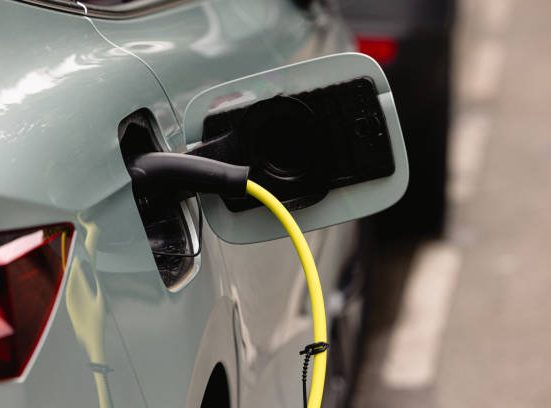A home EV charging station is a great convenience for electric vehicle owners, but there are a few things you should know before buying and setting one up.
What is the Cost of a Home EV Charger?
Trying to put a price on a home EV charging station is difficult since prices range so widely. The large price differences are due to several causes. The time and effort needed to install a Level 1, Level 2, or Level 3 charger might vary widely. How far away the charging station is from your house and the design of your property might affect how much it will cost to install an electric vehicle home charging station.
The increased power consumption of an electric vehicle charging station is beyond the capabilities of certain electrical panels. Upgrading your electrical panel is necessary before you can build a home EV charging station. Many Canadian houses will still be required to pay this extra price, even if it is not technically included in the cost of installing a home EV charger. In considering how much money you will need to purchase a home EV charger, bear this in mind.
A home EV charging station installation in Canada might cost anywhere from $1,000 to $3,000.
Should a Home EV Station Have Any Specific Features?
When shopping for a home EV charging station, look for one with a few extra features that will make your life easier.
- With the built-in Wi-Fi technology of certain chargers, you can remotely monitor and control your power use. To save your power bills, use this feature to plan your charging at off-peak hours.
- With a longer cable, you have more options. In most two-car garages, one charging station offers more than enough space for both vehicles. You can simply plug in a parked automobile utilizing a lengthy wire if the garage entrance is near your home EV charging station. A long wire will also ensure that your installation is future-proof in case your next plug-in car’s charging outlet is moved. Fortunately, this is quite unlikely to happen.
- Be careful to choose a home EV charger that can withstand outside conditions if your parking spot is located outside.
- Additionally, it must have a safety rating. Electric vehicle chargers have been evaluated and approved by trustworthy, third-party safety organizations, guaranteeing that they meet all applicable regulations. Many cheap mobile charging cables and home EV charging stations do not have these certifications since they want to keep their pricing low. You should avoid using an untrustworthy charger at all costs to avoid a potentially disastrous repair expense.
Need Help Deciding on an Electric Vehicle Charger?
There are three different tiers of electric car chargers. Included as standard equipment with every electric vehicle model is a portable cable set that enables charging from any conventional home outlet. Level 1 charging, the slowest speed, ensures that you can always recharge regardless of your location.
A Level 2 home EV charging station is installed by the vast majority of electric vehicle owners. This is known as Level 2. All Level 2 stations in the Canada are compatible with all electric vehicles since the plug standard is the same throughout the whole North American market. Any certified electrician can easily install a Level 2 station since its electrical needs are identical to those of a standard household appliance, such as a stove or clothes dryer (240 Volts/30 Amps).
Financial Rewards for Residential EV Charging Stations
Home EV charging stations are eligible for rebates and incentives in Canada. The easiest way to find out what rebates are available and how to redeem them is to look up your own province, since these programs differ from one another.

